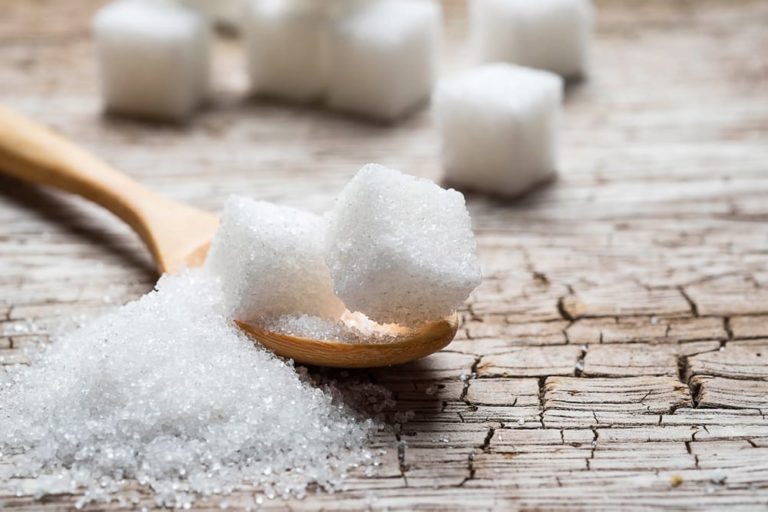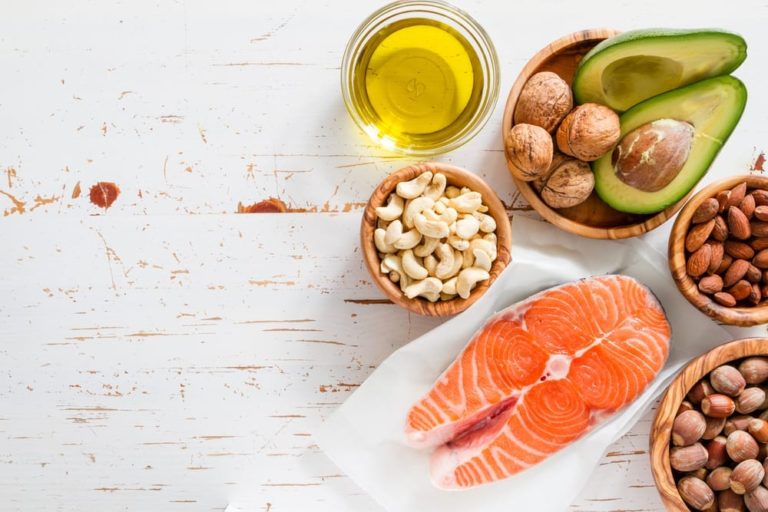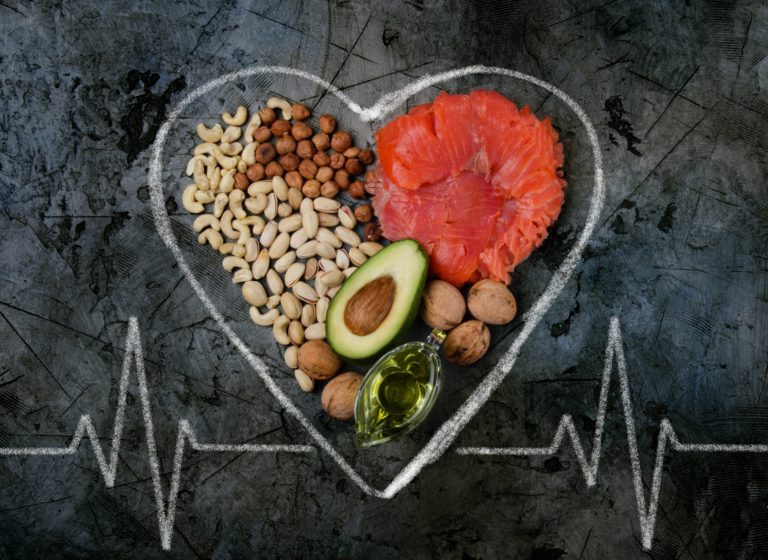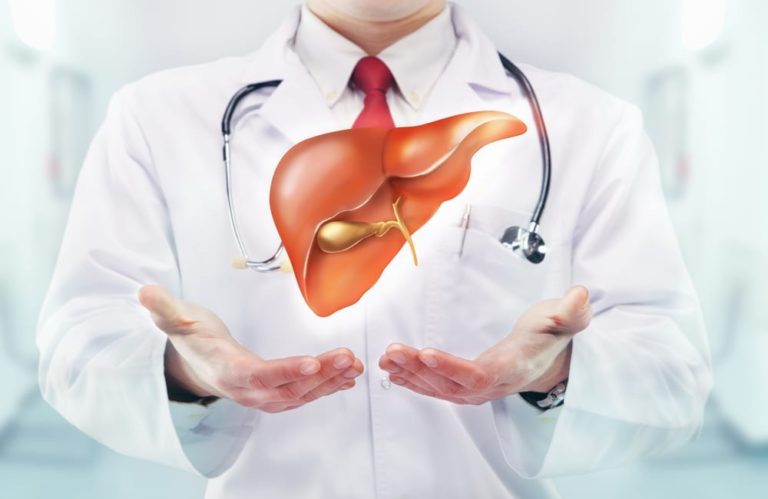Cortisol is a hormone produced in the adrenal cortex. Because of its effect on the body, it is often referred to as “the stress hormone.” In fact, cortisol levels in the body increase with stress.
What is cortisol? – The daily bite of knowledge

Table of contents
1. the formation of cortisol
Like testosterone, for example, cortisol is a so-called steroid hormone that is formed from cholesterol . There are numerous steps between the starting material cholesterol and the end product cortisol. Various enzymes keep changing the molecule until it becomes cortisol. All steps take place in the cells of the adrenal cortex – partly in the mitochondrion, partly in other areas of the cell.
How much cortisol is produced depends primarily on a specific signal. The hormone ACTH(adrenocorticotropin) is produced in the pituitary gland (the hypophysis) and then travels through the blood to the adrenal cortex. There it controls the activity of individual enzymes involved in the formation of cortisol. In short, it controls the amount of cortisol that is produced. If there is more ACTH in the blood, more cortisol is produced and vice versa. ACTH is increasingly released during stress, and this stress can have various causes: Work, illness, injuries, physical stress, but also psychological stress, emotions, depression.
2. the effect of cortisol
Cortisol has numerous effects in the body and influences carbohydrate metabolism, protein balance, as well as fat burning.
If we look back to the time of Stone Age people and saber-toothed tigers, cortisol has the task of making everything possible to escape danger in one piece and unharmed. In evolutionary biology, it is the protective mechanism against saber-toothed tigers.
As soon as you feel the danger in your neck, cortisol is released.
It promotes the formation of new glucose from amino acids – gluconeogenesis – so that glucose is quickly made available to the muscles. Because in a moment it is called: Run very fast!
At the same time, it ensures the breakdown of proteins so that sufficient amino acids are available for gluconeogenesis.
In the short term, it also promotes fat burning. All so that there is enough energy for the escape.
While all measures of energy provision are turned ON, elsewhere one or another body function must be temporarily turned OFF. For example, the activity of the intestine and kidney is reduced. Having to go to the bathroom during the escape is only moderately helpful for survival.
3. healthy rhythm of cortisol secretion.
Even without a saber-toothed tiger behind us, cortisol is a constant companion for us these days. And that’s not even meant in a negative way. Cortisol is present in the blood of a healthy person every day. When the body is working as it should, cortisol levels are highest just before waking up and then drop again throughout the day. Cortisol stimulates the circulation and gets us out of bed swinging. If we are flat in the morning and not tired in the evening, this natural “circadian rhythm” is no longer correct. We then definitely need a coffee in the morning to get going. Coffee stimulates cortisol release, but the effect gradually diminishes and we reach for higher and higher doses.
Therefore, if you want to know your cortisol level, you should always do a daily profile – with several measurements throughout the day – never just have one value measured.
4. too much cortisol
In our everyday lives, we usually find ourselves in numerous stressful situations. The traffic jam before the important appointment, the subway pulling away in front of your nose. The nagging boss and the argument with the partner. Because we are constantly bombarded with information (Facebook, radio, billboards, TV, input, input, input), we hardly have any relaxed moments in which we can bring the cortisol release back down. Our body is in permanent tension, always ready to flee at any time.
If the cortisol release is too high in the long term, the immune system is suppressed and it is easier to catch an infection. And even if cortisol initially mobilizes fat reserves, fat burning suffers when high cortisol secretion becomes a permanent condition. In addition, cortisol unbalances the hunger-regulating hormones leptin and ghrelin. Our bodies are now constantly on the lookout for readily available energy – burgers, chips and candy bars.
If the adrenal cortex is permanently overused, it can gradually weaken.
5. restore the balance
To restore the natural hormonal balance, phases of tension should always alternate with phases of relaxation. You should consciously relax on a regular basis and create free spaces for yourself where you can switch off. You should give yourself time without TV, smartphone or radio. Because every “ping” of a WhatsApp message, every “ding” of a Facebook message, every email tone quietly triggers a bit of stress in you.
Treat your body to a natural food that restores the balance of hunger and satiety. This works great with foodpunk nutrition. Here’s how to become a food punk in 10 steps.
Because the release of cortisol is strongly linked to the day-night rhythm, you should also strive for a natural state in this area. Go to bed on time, get enough sleep. Go out in the morning, enjoy the bright light, and in the evening, make sure the lighting is pleasantly dim. Use blue light filters for computers and smartphones, use orange light bulbs, and use BluBlocker glasses.
Always stay up to date with our Newsletter.
The daily bite of knowledge
In this new column, we’ll give you a short, crisp look into the world of nutrition science and the Paleo, low carb or ketogenic diet.
Similar posts by Foodpunk

Birch sugar (xylitol), erythritol and co – This is what I think of them
Here is a brief overview on the subject of xylitol, erythritol and other sweeteners.

Cholesterol as a basis – The daily bite of knowledge
Far too often, people rant about the "evil cholesterol." But do you actually know what cholesterol is used for in the body?

Do only calories really count?
Proper nutrition has such an effect on us that I think it's a shame how often the influence of nutrition is left out of disease treatments.

Why cheese is addictive – The daily bite of knowledge
Many people are ready to change their diet. They are willing to try new ways and give up certain foods. Except one. Very often I hear "Yes, but... not without my cheese!"

The best sources of fat – The daily bite of knowledge
Fat is a great source of energy. If you are on a low carbohydrate diet, you should by no means eat low fat. Because especially in a low carb diet, the body needs the energy from high-quality fatty acids. But not all fat is the same.

Why do we need cholesterol? Is there good and bad cholesterol? How can I influence my cholesterol level?


